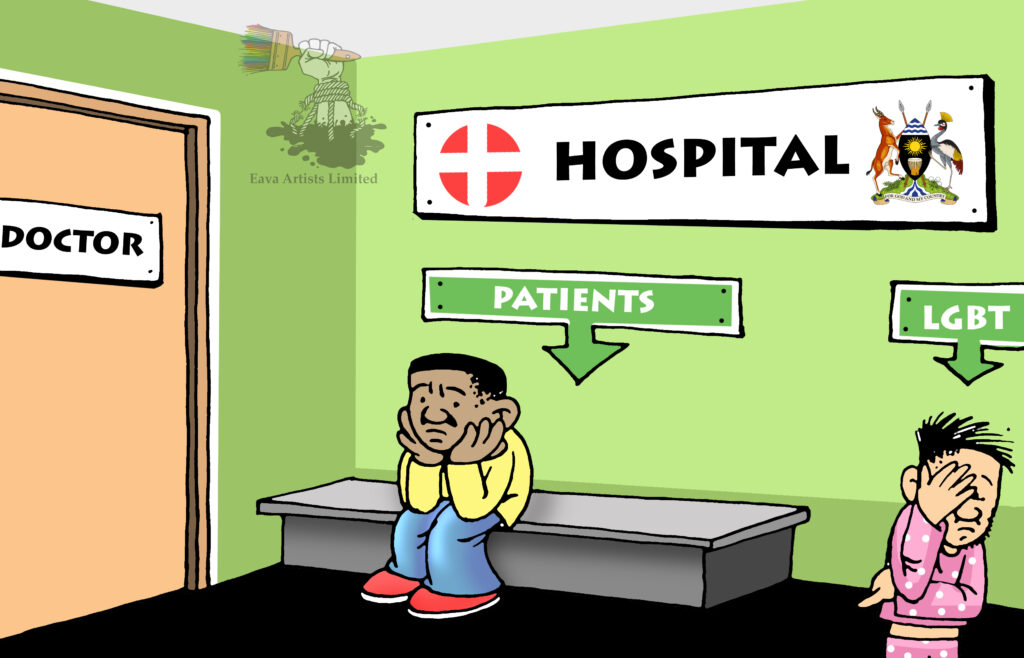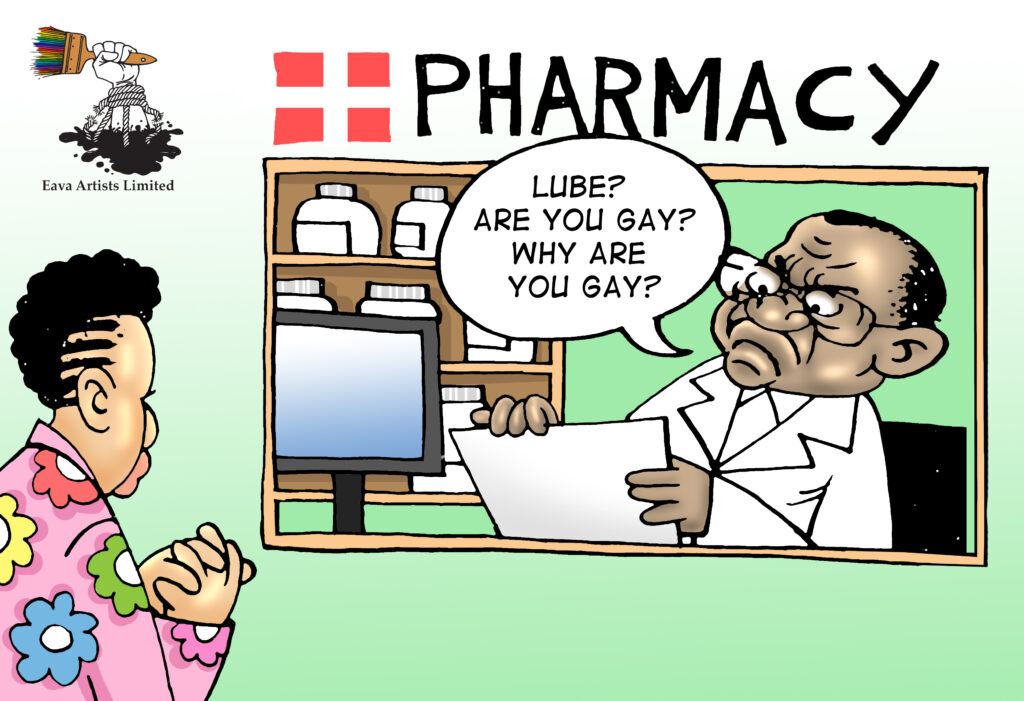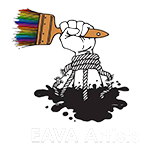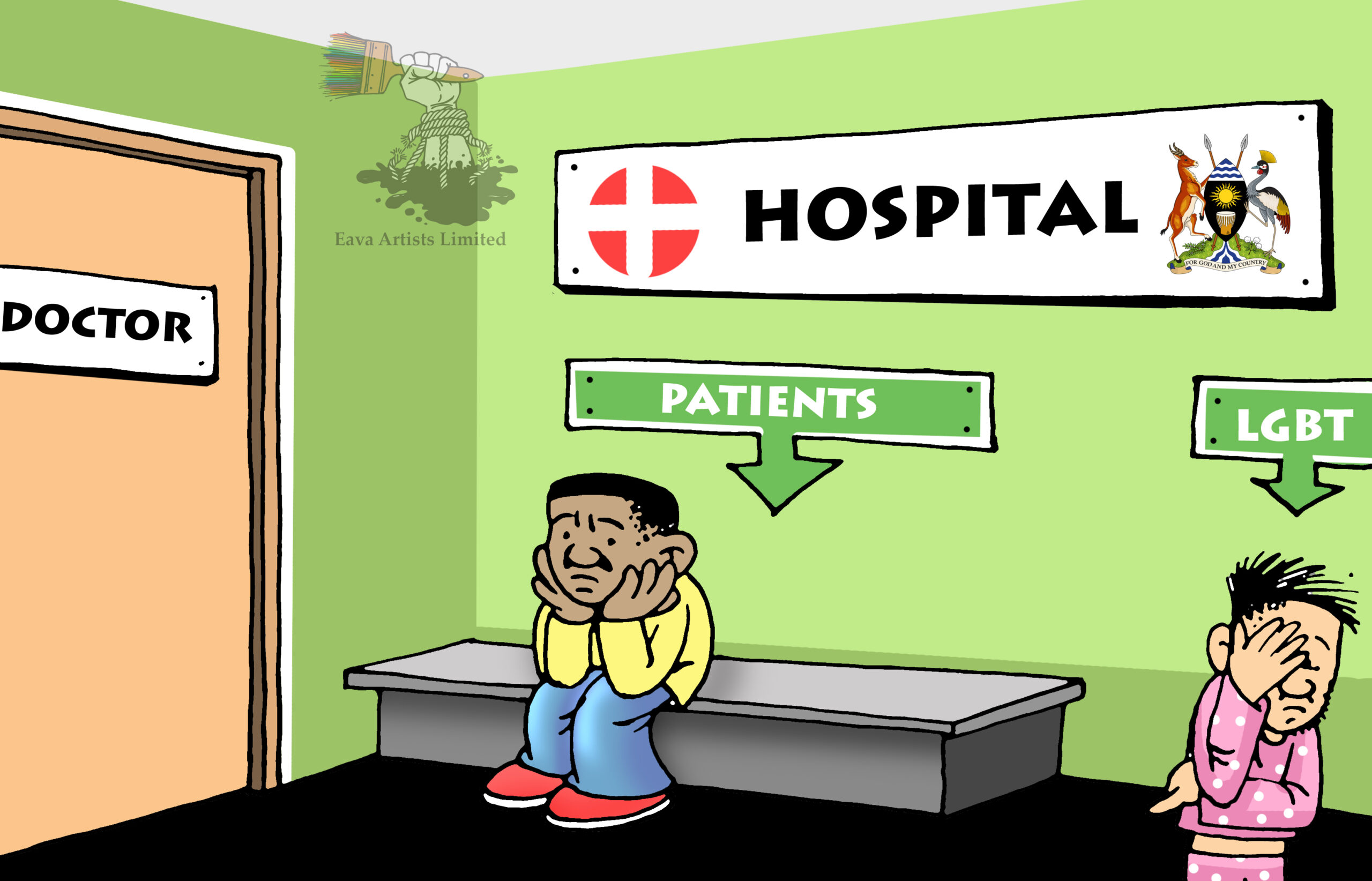Millions of Ugandans face a perilous future as the suspension of U.S. Agency for International Development (USAID) funding disrupts vital programs. From life-saving HIV treatment to crucial education and agricultural support, the abrupt halt in aid has left communities reeling and demanding government action.
“This is a crisis,” declares Flavia Kyomukama, executive director of The Action Group for Health, Human Rights, and HIV/AIDS (AGHA). “We have not had any meetings with the Ministry of Health or the president to discuss this emergency. We expected a call from the government and a discussion on how to move forward. We expected an emergency task force.” Since the US announced the 90-day suspension and stop-work order the affected organizations have been seeking an audience with the Ugandan government but they haven’t succeeded, NGOs urgently seek alternative funding to bridge the gap, but the scale of the shortfall is daunting
“People with HIV are 1.5 million; 1.3 million on ARV treatment. But we still have 200,000 who are HIV positive who are in the community but don’t know their status. Those are still spreading the virus unknowingly,” Kyomukama warned, highlighting the potential for a resurgence in infections.
The suspension, reportedly initiated during the Trump administration https://www.bbc.com/news/articles/cx2q13113wwo has cut off approximately 1.7 trillion shillings annually. This funding has been crucial across multiple sectors. USAID, established by President John F. Kennedy in 1961, has been a key partner in Uganda’s development for decades.

USAID’s impact has been particularly profound in the health sector. Its funding for HIV/AIDS treatment and epidemic control more than doubles the Ugandan government’s health budget. In 2023, USAID reported that over 1.3 million Ugandans rely on its support for lifelong ARV therapy through the U.S. President’s Emergency Plan for AIDS Relief (PEPFAR).
Beyond health, USAID has supported early-grade reading programs for 3.2 million school children https://www.resonanceglobal.com/project-profiles/usaid-integrated-child-youth-development-uganda and contributed significantly to agricultural research, including the establishment of the National Agriculture Research Organization (NARO) https://naro.go.ug/hundreds-trained-on-best-practices/ The agency also provided substantial aid for refugees, amounting to $75 million in 2023.
Charles Sena, who relies on PrEP (pre-exposure prophylaxis) to prevent HIV, described the difficulties he now faces. “The freeze has made access to medical services very hard. I am on Prep, but with the cutting of the funding, and the downsized workforce at facilities, I am scared” he said. Sena now travels greater distances, experiences longer waits and pays out of pocket for essential medication. “I don’t know for how long I will be able to sustain myself,” he added.
Close of specialised HIV Clinics a threat to the HIV fight’s gains.
The situation is further complicated by the closure of specialized HIV care clinics that relied on USAID funding. While the government has stated that these services will be integrated into existing hospitals, concerns about understaffing, lack of specialized training, and stigma remain.
“How can people living with HIV freely seek treatment when they must line up with everyone else?” asks Dr. Kizza Blair, a prominent Ugandan health advocate and founder of Usawa Health Initiative”Stigma remains a powerful force in Uganda, and many will fear being seen in those clinics.”https://x.com/blair_kizza/status/1889223434766606461
Henry Mukiibi, executive director of the Children of the Sun Foundation, which supports queer individuals, echoed these concerns. “Some are not accessing drugs because they fear the providers are not trained to handle them in government facilities. They no longer have access to counselors they were going to because they were stopped from working,” he said. https://cosfuganda.ug/cosf-medical/ The long-term consequences of the USAID suspension are deeply worrying. Experts fear a resurgence of HIV infections, increased drug resistance, and a decline in overall health outcomes. In northern Uganda, the withdrawal of USAID-supported services has already impacted health care, school fees for vulnerable children, and school feeding programs.
Services grinding to a halt.
The impact extends beyond service delivery. Hundreds of staff employed by USAID-funded projects have been laid off, including over 200 at Makerere University. “We have closed down. We cannot reach the communities we are supposed to reach,” said Kyomukama.

Organizations that are still operating face severe strains. “We are running out of drugs. The drugs that used to take us months are getting done in weeks,” Mukiibi explained, highlighting the pressure on remaining resources.
USAID’s diverse portfolio in Uganda also includes support for local industries, smallholder farmers, youth development, wildlife conservation, justice and human rights initiatives, and programs promoting good governance.
https://ug.usembassy.gov/u-s-mission-releases-report-to-the-ugandan-people-60th-anniversary-edition/ to the 2023 USAID report to the Ugandan people the suspension of these programs creates a significant void in Uganda’s development landscape.
The Ugandan government has yet to announce a comprehensive plan to address the crisis. The lack of a clear strategy has fueled anxiety and uncertainty among Ugandans who depend on the services that USAID has long provided. The future of these crucial programs, and the well-being of millions of Ugandans, now hangs in the balance.
(This article will be updated as more information becomes available.)




